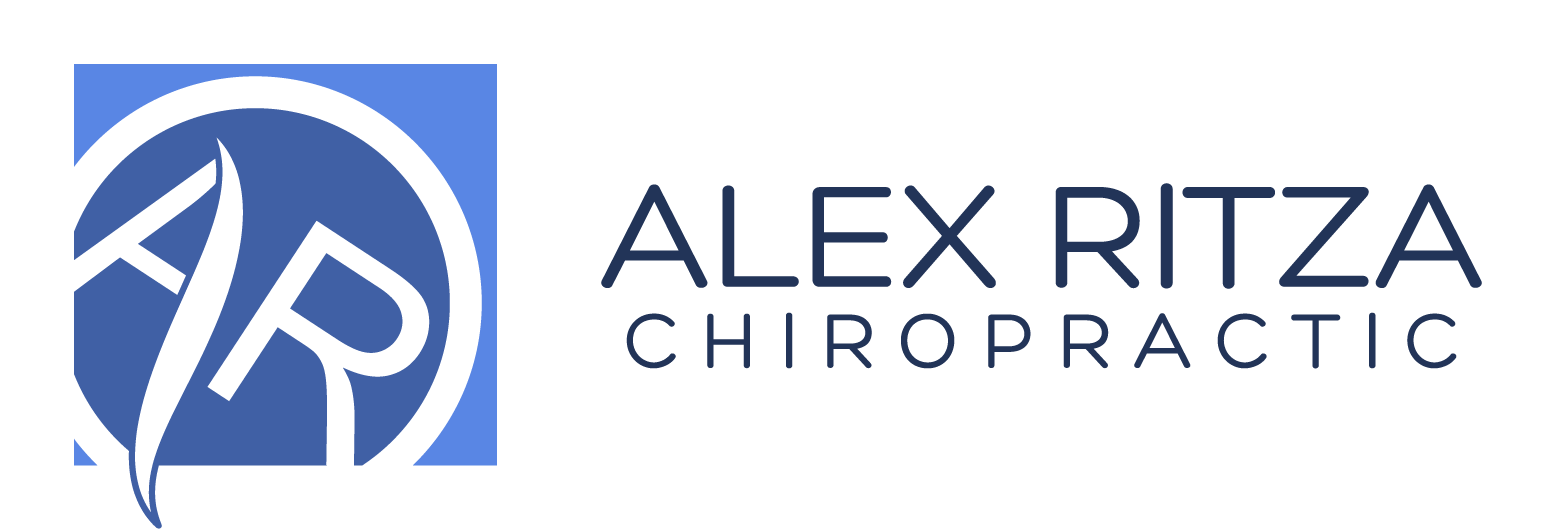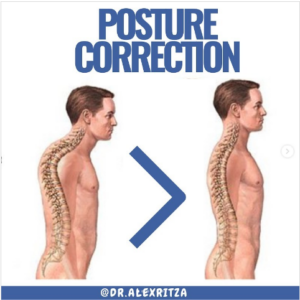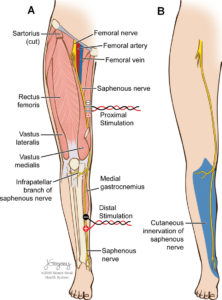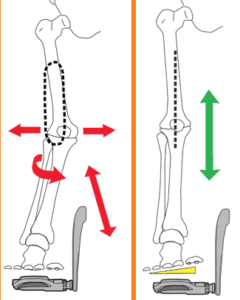I truly wish it was as easy as taking a pill, or eating a magical herb, and we would achieve ever lasting health, wellness and happiness.
If only this were true. It is not, it is a lot of work right.
Rather our health, meaning the average function of the cells and systems of our body, is shaped by stressors in our lives, whether those stressors are good (eustress) or bad (distress).
Chemical, physical and emotional stressors that we are exposed to on a daily basis shape the function of our trillions of cells, which we interpret as the quality of one’s health. When your cells, tissues, organs and body do their job as they are meant to, we feel and perform well.
I have always loved the saying “happiness is not a destination but a way of travel”, and I think the concept of health as a way of travel is so fitting too.
Each day, our body responds and adapts to internal and external stressors, which shape us. Thankfully when we are exposed to negative stressors, whether it be extreme cold, stress or in some cases, terrible injury, our miraculous bodies maintain their homeostatsis and we do not keel over and die. We are exposed to stressors, our bodies adapt, and we keep on living. How our bodies adapt and what health benefits or consequences it will have in the future depends on the adaptation.
When we exercise more, and more force is put through the bones, they get bigger and stronger, and can resultantly handle more force.
If we smoke, our cardiovascular and immune systems respond to the toxic smoke by hardening our arteries and tightening our lungs. We end up less able to handle physical activity and pathogenic invaders, which challenge our lungs and nervous systems respectively. Stimuli -> bodily response -> Adaption -> Consequence or benefit (shift in our health).
On the health continuum, between excellent cell function, and poor cell function , we shift based on the adaptations our bodies make in response to the stressors we face. Negative stressors lead to adaptations that leave our body less able to perform and handle future stress. Positive stressors lead to adaptations that leave our body more able to perform their duties and handle future stress. And the same is true whether we think of bones, muscles, the liver, the kidney, and any other organ including the nervous system and conscious mind. Each organ and their respective cells exist on a health continuum that when summarized can be interpreted as our overall health.
When we exercise, meditate or do something good for our nervous systems, our mind and nervous system are better able to perform and handle stress(ors).
Our “place” of homeostasis is in fact never static, and when we adapt we are always adapting in a positive or negative way.
I like to say that based on the stressors in our lives, our health is always fluctuating on this continuum. At one end of the continuum we have excellent cell function; think organs healthy and performing well, happy, fulfilled, Olympic athlete. On the other end of the spectrum our bodies are functioning poorly; think on your death-bed with organ disease (heart, lung, etc), depression, unfulfilled, isolated …. just bad.
 We can assess where we sit on this health continuum through a number of diagnostic tools. These tests might include diagnostic blood work, body scans, MRIs, EMG conduction scans, X-ray, spirometry (lung test) and hundreds of others that are available to a health care provider. Each tests measures the performance of certain cells, which we interpret as part of the overall picture of health of a person. If we had a battery of tests done everyday then we would constantly known where exactly we stand in terms of our overall health.
We can assess where we sit on this health continuum through a number of diagnostic tools. These tests might include diagnostic blood work, body scans, MRIs, EMG conduction scans, X-ray, spirometry (lung test) and hundreds of others that are available to a health care provider. Each tests measures the performance of certain cells, which we interpret as part of the overall picture of health of a person. If we had a battery of tests done everyday then we would constantly known where exactly we stand in terms of our overall health.
No one has the time, money, energy or even need for this daily battery of tests.
Rather, as long as your daily routine has more positive factors in number and scale than negative factors, our health improves or stays where it should.
When you approach health from this paradigm, the task of being healthy is much less overwhelming. As long as your daily routine includes putting good things into your body, getting lots of good movement, taking time to be mindful, laugh and have some fun, talk with some friends and those that you love, you are set. It also stands to reason that there is no point in worrying about having the occasional bad (but oh so delicious) meal, beer, or lazy weekend. The other great things you do for yourself like the 5 salads, 4 workouts and chill time you had that week, will balance them out.
Take away = The more positive things you have in your day the happier and healthier you will be. Focus on incorporating good choices across the health spectrum (physical, mental, social, and chemical) and do not focus exclusively on just food and exercise. If anyone wants to duke it out with you that chemical and physical activities are more important for your health than social and psychological wellness, I am happy to prove them wrong with the research.
As it relates to your spine, nervous system and body, there are some cases where adjustments and / or acupuncture is needed to kick-start the body and give a good push in the right direction; a subject we will save for part two.
Wellness and fulfillment are only achievable when we are balanced across the spectrum.
How do you find your balance?




